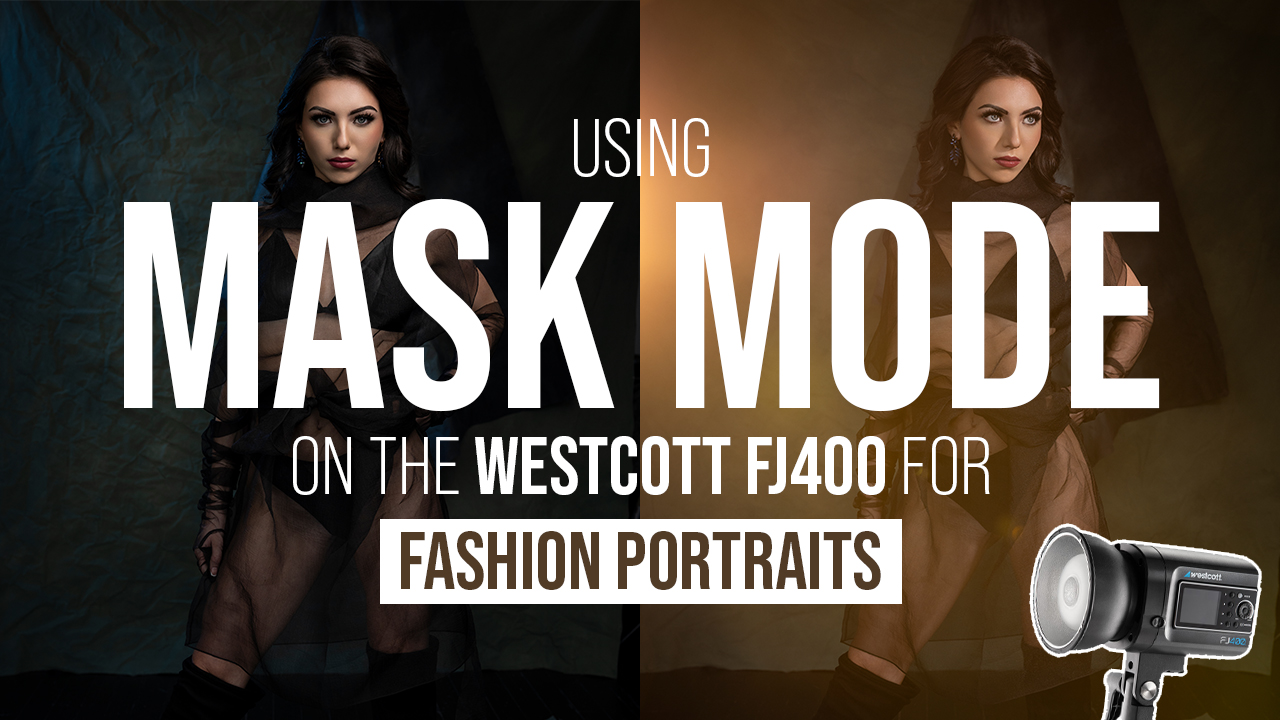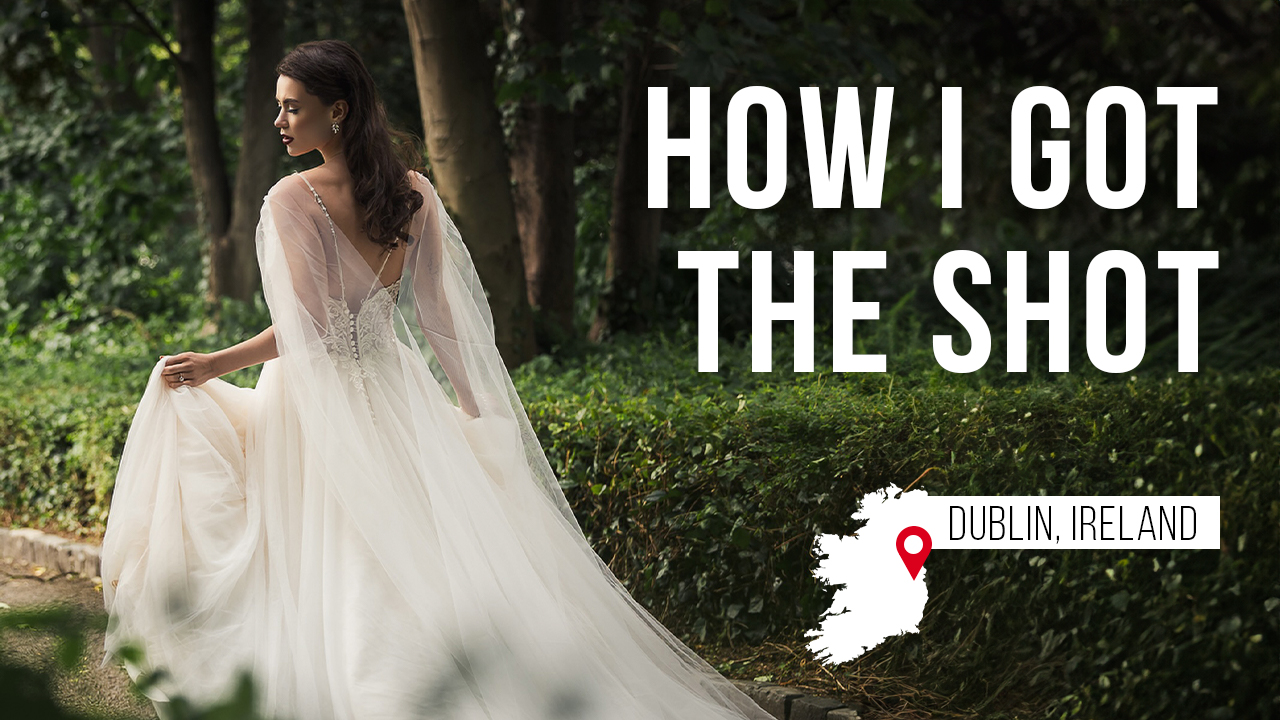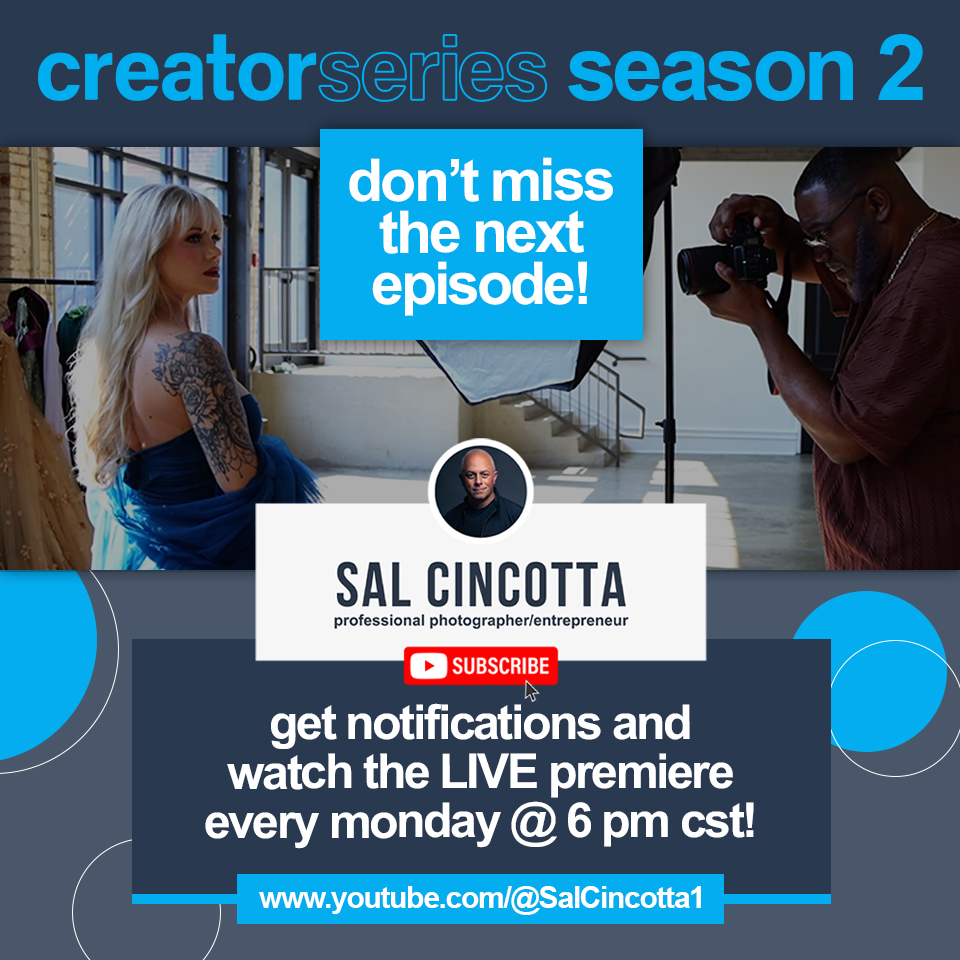5 Ways to Become Better at Sales with Karen Bagley
I am not born a good salesperson. I can’t stand salespeople. I just never felt comfortable pressuring someone into buying things. What exactly does it take to be a good salesperson? You can’t just be an artist. You have to know how to sell too. So, the million-dollar question is: How can you become a better salesperson?
After many sales sessions, I’ve identified things that can hurt or help any sales session, and have compiled five key tips to help any photographer become better at sales. I prefer in-person sales (IPS) over online gallery sales. IPS has allowed my studio to see what our clients are looking for so we can give it to them. But these tips can be applied to any sales situation.
Tip 1: Be empathetic.
I know it must seem odd to have this at the top of my list, but don’t be fooled. This tip is one of the more important ones. Empathy is “the ability to understand and share the feelings of others.” So why is this so important? If we understand the client’s reasons for coming to us, we can connect with them on an entirely different level than just as a photographer or salesperson, shooting, selling, ordering, calling, emailing, day in and day out.
If we are not careful, we can lose our empathy. If we lose our empathy, our clients can tell, and then our sales are affected. On the other hand, if we have deep empathy for our clients, they can feel it. They trust that we understand how important these images are to them. That is what makes a photographer great. Great salespeople have empathy. They aren’t just shoving product down clients’ throats. We know how precious these images are to them, and we want them hung in their homes. We don’t want to sell them. We want to guide them because we know how they feel.
Tip 2: Know and show your products.
How can you sell anything to anyone if you do not know your products inside and out? Do you know the materials your products are made of? Do you know how they are made? You are in a sense asking your clients to give you possibly thousands of dollars. You should know everything about a product you are asking them to invest in.
Imagine a new mother going to buy formula for her baby and the grocer says, “This is the best formula on the market, your baby will love it!” Yet when asked what makes it the best, the grocer is unable to answer. He doesn’t know the ingredients or health benefits. You can see how silly that is. Not only did that grocer not sell the formula, he may have lost a customer. The same is true for photographers. If we do not know our prints and products like the back of our hand, can we be taken seriously?
This leads us to the second part of tip two: having your products to show. Humans are visual creatures. If we do not have samples of the prints and products we hope to sell, we are shooting ourselves in the foot. Having samples of our products validates you as a professional and shows that you take this personally. Most importantly, it affects your sales. If you show the difference between a framed and unframed acrylic, your clients may automatically increase their sales simply because they were able to see the product.
Tip 3: Be prepared to answer sale blockers.
There is always that one. You know what I am talking about: the spouse or significant other or family member of a client who doesn’t appreciate your art and tries to talk the client out of the sale. “A 16×20 is just overkill. I think an 8×10 is enough.” Ugh. We all get them. You must be prepared to deal with the sale blocker. Remember who the professional is. Who knows what an 16×20 versus an 8×10 will actually look like on a wall? You!
Here’s successful sale-blocker response I use that works wonders: “I know the cost can sometimes be a defining factor on the products you choose, but think of it this way. We will spend $40,000 or more on a car that we will have for maybe ten years. Are your memories not worth more than a car?” It shuts the sale blocker right up every time. Be prepared. Don’t skip a beat, just keep on talking as if the sale blocker isn’t there.
Tip 4: Be a good listener.
Imagine you are car shopping at a dealership. You tell the sales associate that you are looking for a reliable family car, and he suggests two sports cars. Great, but they’re not family cars. The biggest mistake a salesperson can make is to not listen to what clients want. You hurt your income, lose respect from your client and maybe even ruin your reputation. Imagine if that car salesman came back with the perfect family car that was a little over budget but had everything you asked for, plus some. He gets the sale. Listen to your clients’ needs, dislikes and tastes. That boosts sales and builds trust. If we have our clients’ trust, we have everything.
Tip 5: Be confident and do not react emotionally.
Last but certainly not least, we must have confidence. I always tell photographers that clients are like kids. They can smell your fear. If you show the slightest lack of confidence, your clients will push and try to walk all over you. They will think, “If they aren’t even confident in what they are charging, why on earth should I pay that price for it?” You have to believe you are the best, know you have the best products, have complete confidence in the fact that you offer the best experience. This is not something that comes easy.
All photographers have struggled with confidence. This is where the saying “Fake it till you make it” comes in so handy. Your confidence will build over time. And when things don’t go how you want, keep a cool facade. The second you let your emotions take over, the client has won. Remember, you are the professional.




